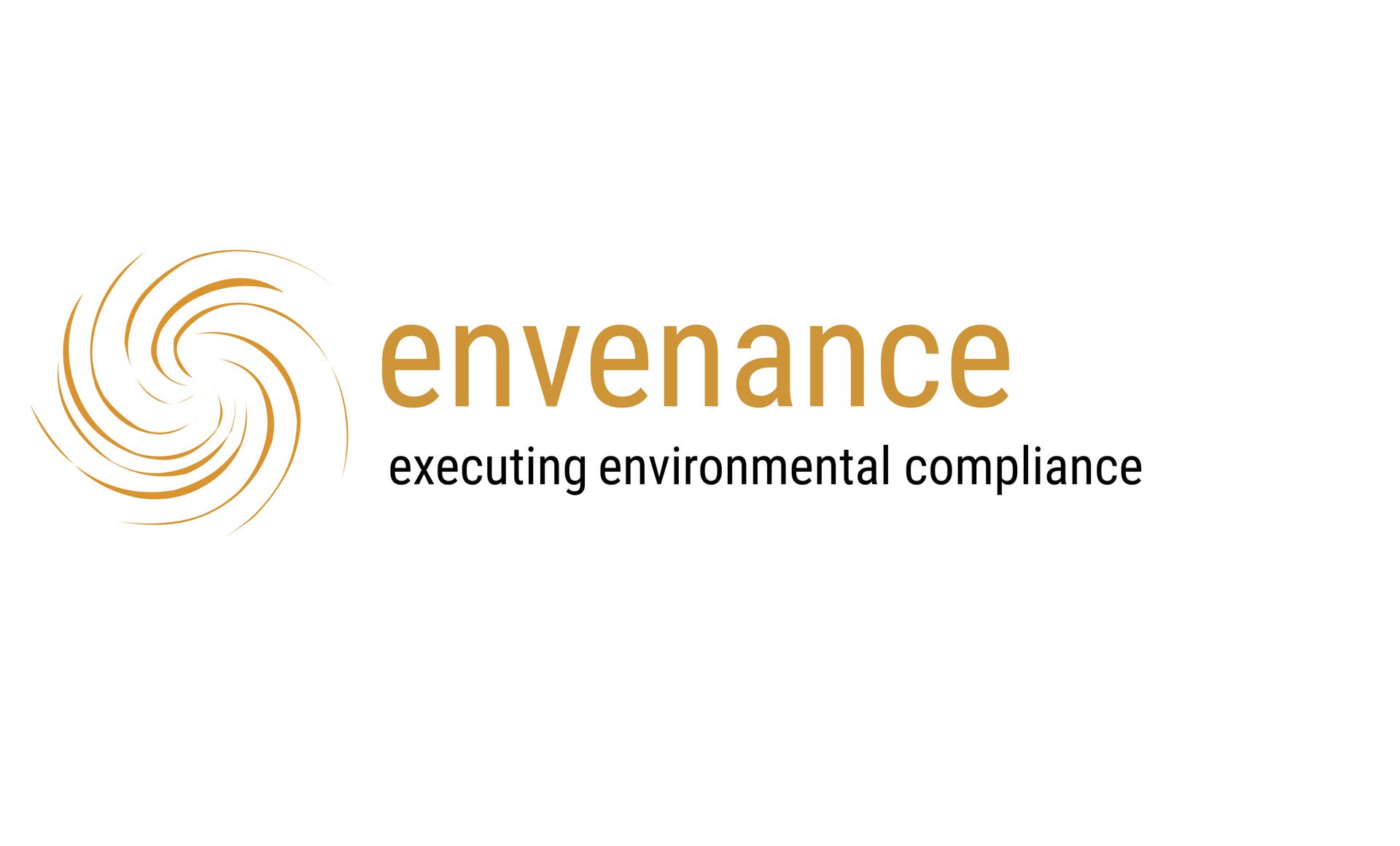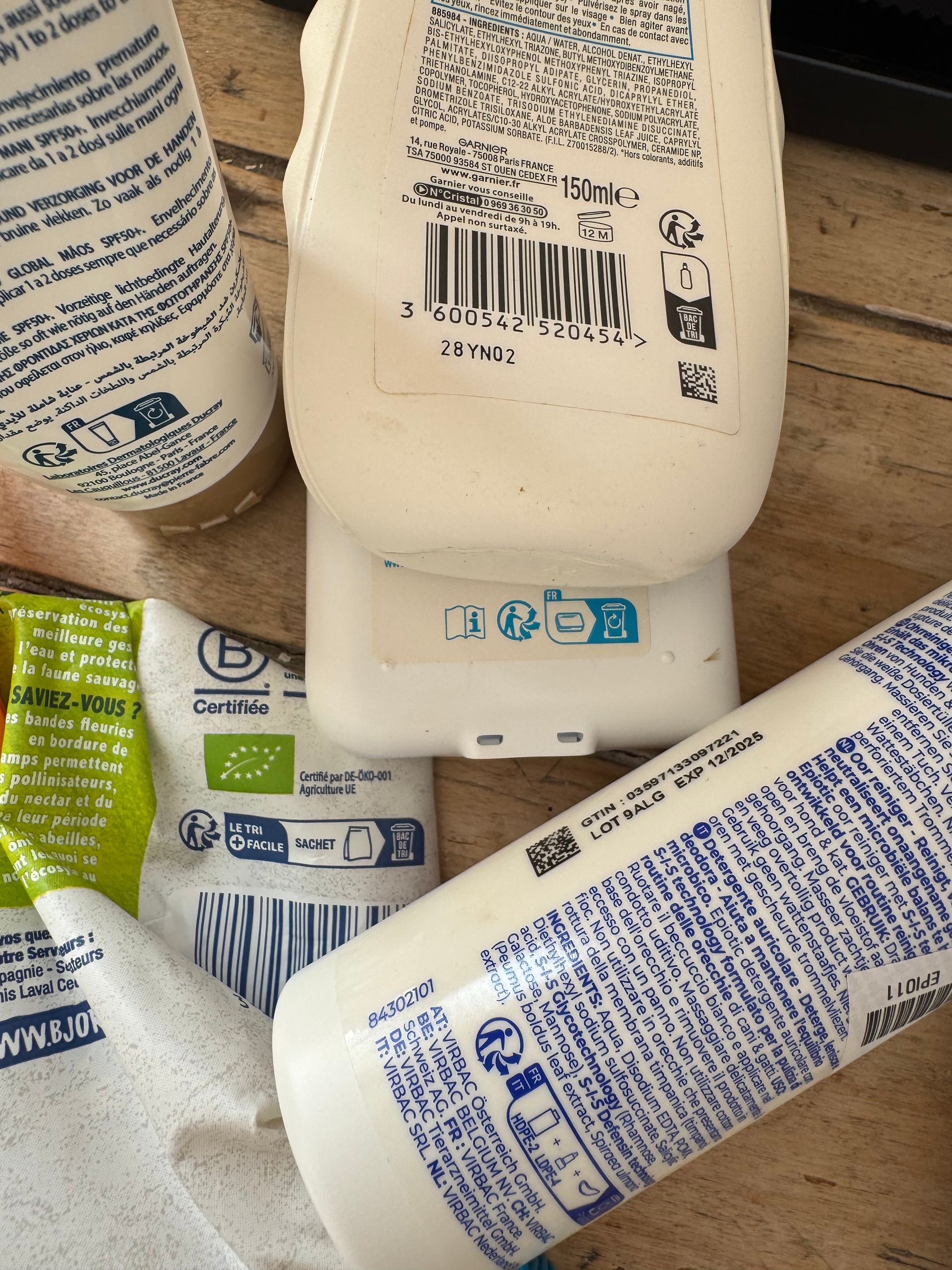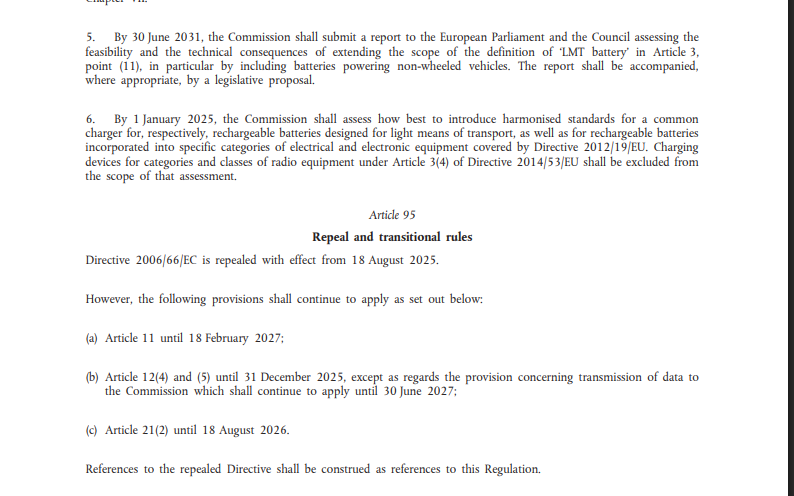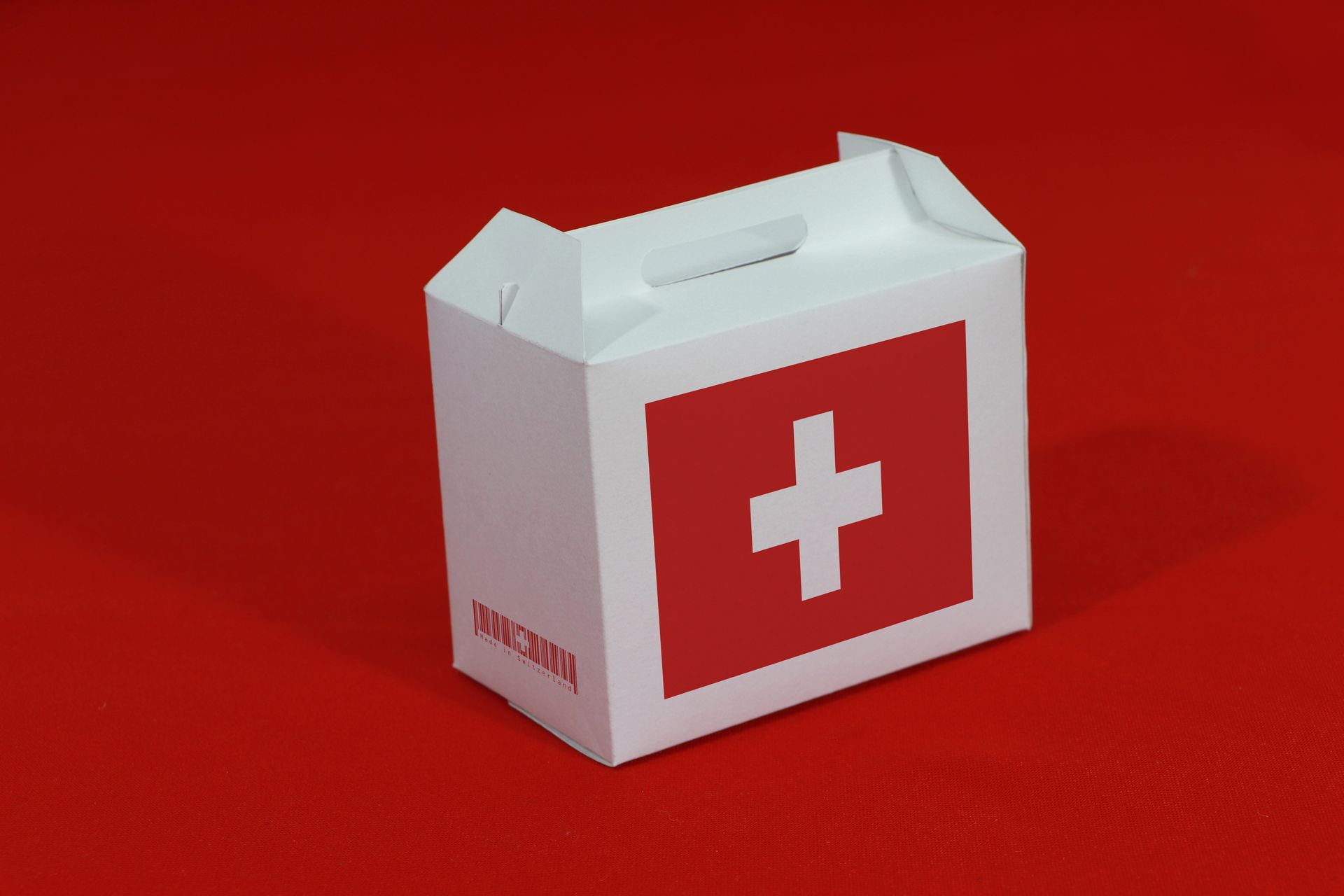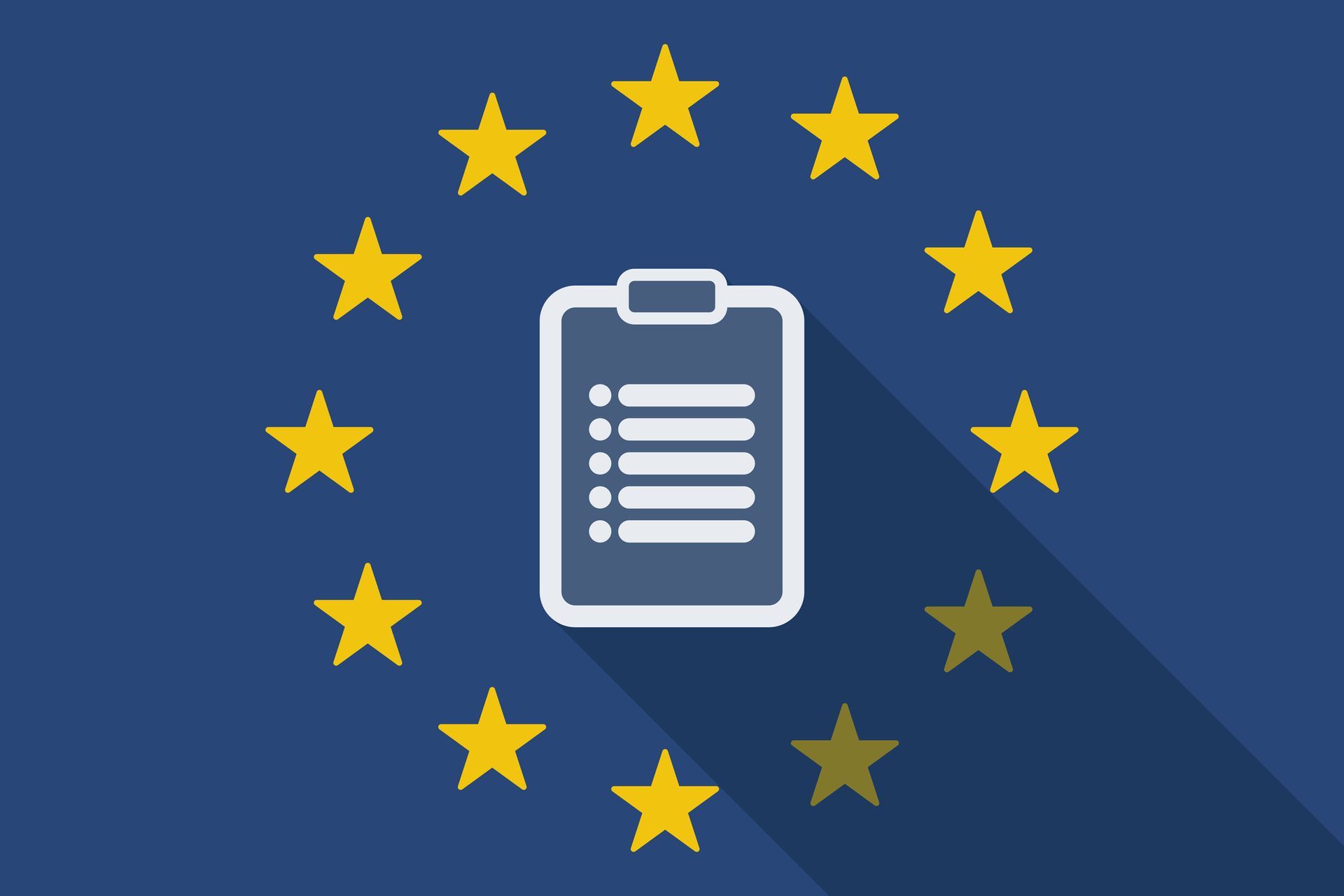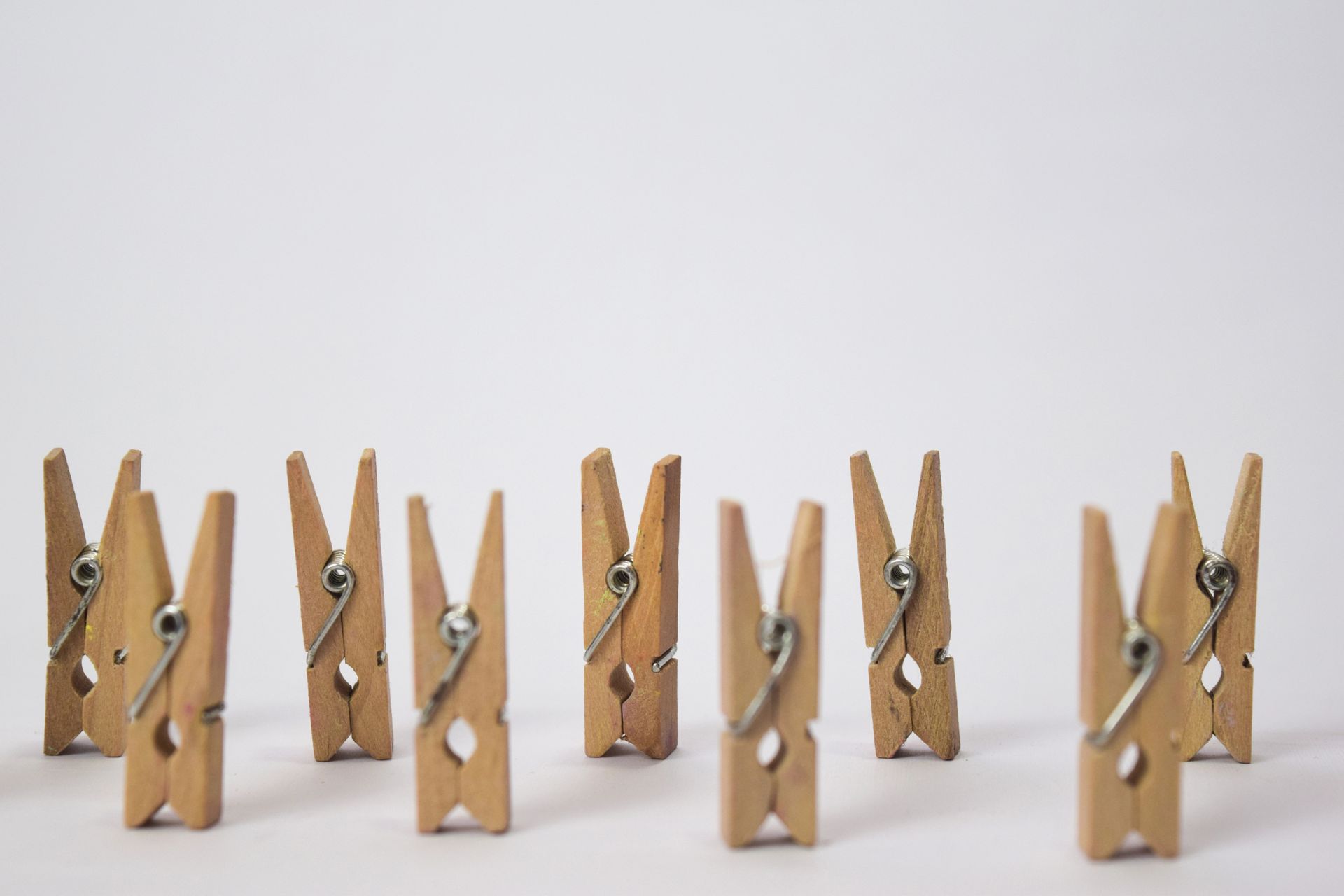Industrial/ commercial packaging registration in Luxembourg decrypted.
envenance on compliance.
The Extended Producer Responsibility (EPR) for packaging in Luxembourg is regulated in the Law from the 21st March 2017 (Loi du 21 mars 2017 relative aux emballages et aux déchets d'emballages) and the modification of this legislation by the amended legislation from the 9th June 2022 related to waste (loi modifiée du 9 juin 2022 relative aux déchets).
Even though these legislations cover the EPR for packaging in Luxembourg for some years - and the necessary organisational structures have been put in place ever since - a modification for producers of industrial/ commercial packaging becomes relevant on the 1st January 2025. This article provides the formal background information and highlights the formal amendments.
Article 3, 1. a) to c) of the Law from the 2st March 2017 determines the different categories of packaging (primary, secondary and tertiary packaging). The same article differentiates in 7. and 8. between household and non-household packaging. The term non-household packaging is commonly used for industrial/ commercial packaging.
Article 3 c) of the Law from the 2st March 2017 defines the producer role (responsible d’emballages):
“(…) any person who has packaged or had products packaged in Luxembourg with the intention of or during the placement of these products on the Luxembourg market, or, in the case where the products placed on the Luxembourg market were not packaged in Luxembourg, the importer of the packaged products, excluding the private individual who consumes them personally.”
A further clarification upon the producer role is provided by the Luxembourg Environment Authority. According to this definition, a packaging producer is:
- “(…) established in the Grand Duchy of Luxembourg, which, on a professional basis, supplies or sells directly to the Grand Duchy of Luxembourg, regardless of the sales technique used, including through distance contracts as defined in Article L. 222-1 of the Consumer Code, and places packaged products on the Luxembourg market; or
- which is the first entity to receive, on a professional basis, packaged products imported into the Grand Duchy of Luxembourg by any natural or legal person, established or not in the Grand Duchy of Luxembourg, regardless of the sales technique used, including through distance contracts as defined in Article L. 222-1 of the Consumer Code, and places packaged products on the Luxembourg market; or
- is established outside the Grand Duchy of Luxembourg, which, on a professional basis, sells packaged products to the Grand Duchy of Luxembourg directly to households or users other than households, regardless of the sales technique used, including through distance contracts as defined in Article L. 222-1 of the Consumer Code.”
Based on the amended legislation from the 9th June 2022, all household packaging obligations need to be covered by a collective scheme. For non-household packaging, the producer could participate in a collective scheme for his packaging in full or partially.
Article 7 of Directive 2018/852 of 30th May 2018 amending Directive 94/62/EC upon packaging and packaging waste, however, stipulates that “(…) Member States shall ensure (…), by 31 December of 2024,” (that) “extended producer responsibility schemes are established for all packaging in accordance with Articles 8 and 8a of Directive 2008/98/EC", (the Waste Framework Directive).
In the course of the transposition of Directive 2018/852 into the legislation of Luxembourg, the usage of a collective scheme for the fulfilment of packaging EPR in Luxembourg becomes mandatory also for all non-household packaging after reaching the deadline and thus by the 1st January 2025.
In the past, the collective scheme Valorlux has already covered the EPR for non-household packaging. Both generally speaking and in practical terms, the scheme mainly distinguished between primary packaging for household and particularly tertiary packaging for non-household packaging in its reporting methodology.
From the 1st January 2025 onwards – based on the direct feedback from Valorlux to the author of this article– a separate reporting possibility will be put in place for pure non-household packaging producers which was not the case in the past. The participation of distance sellers in Valorlux does not require an Authorised Representative.
Please contact us, if you need to register in Luxembourg for 2025.




